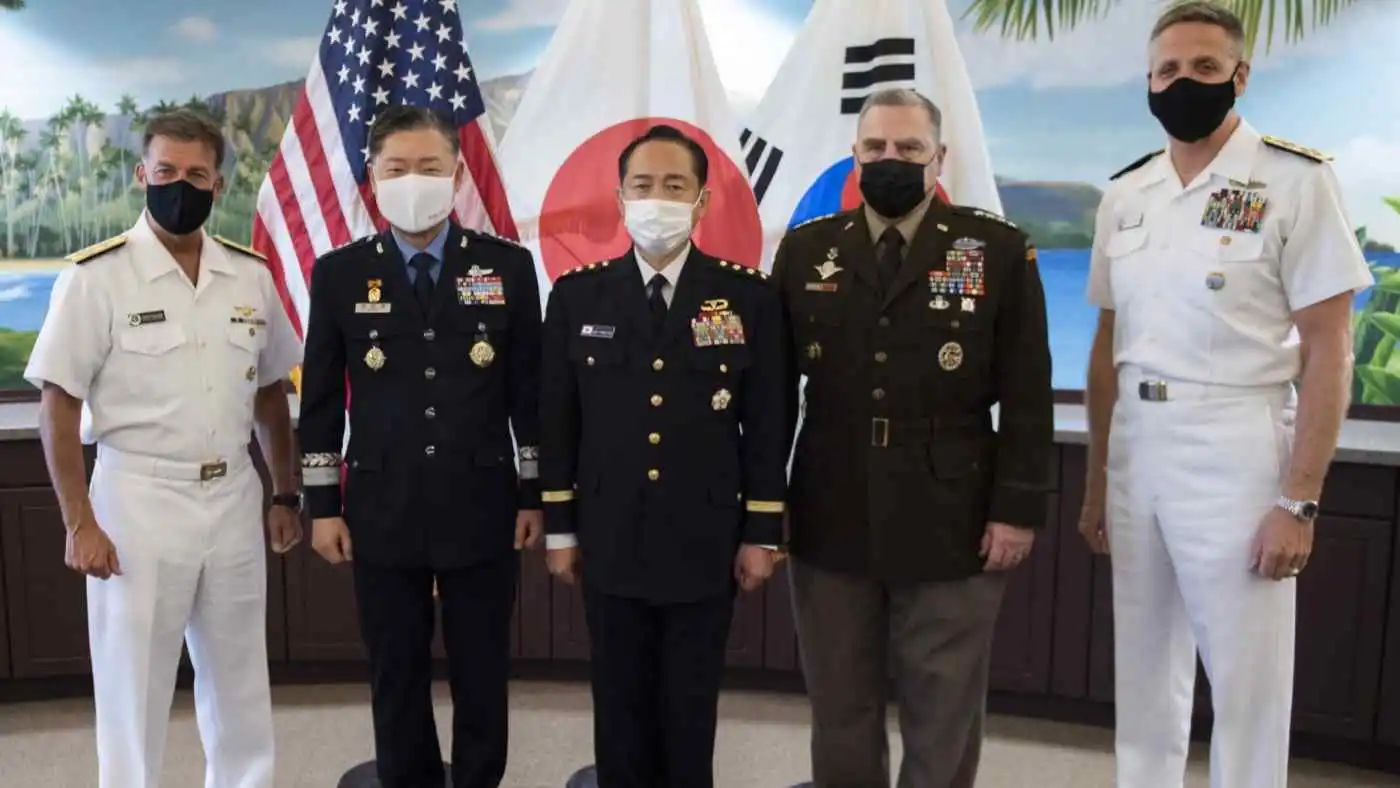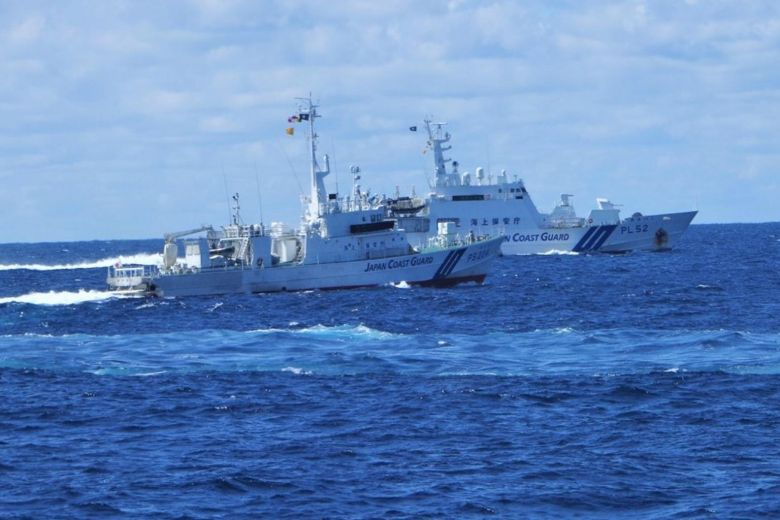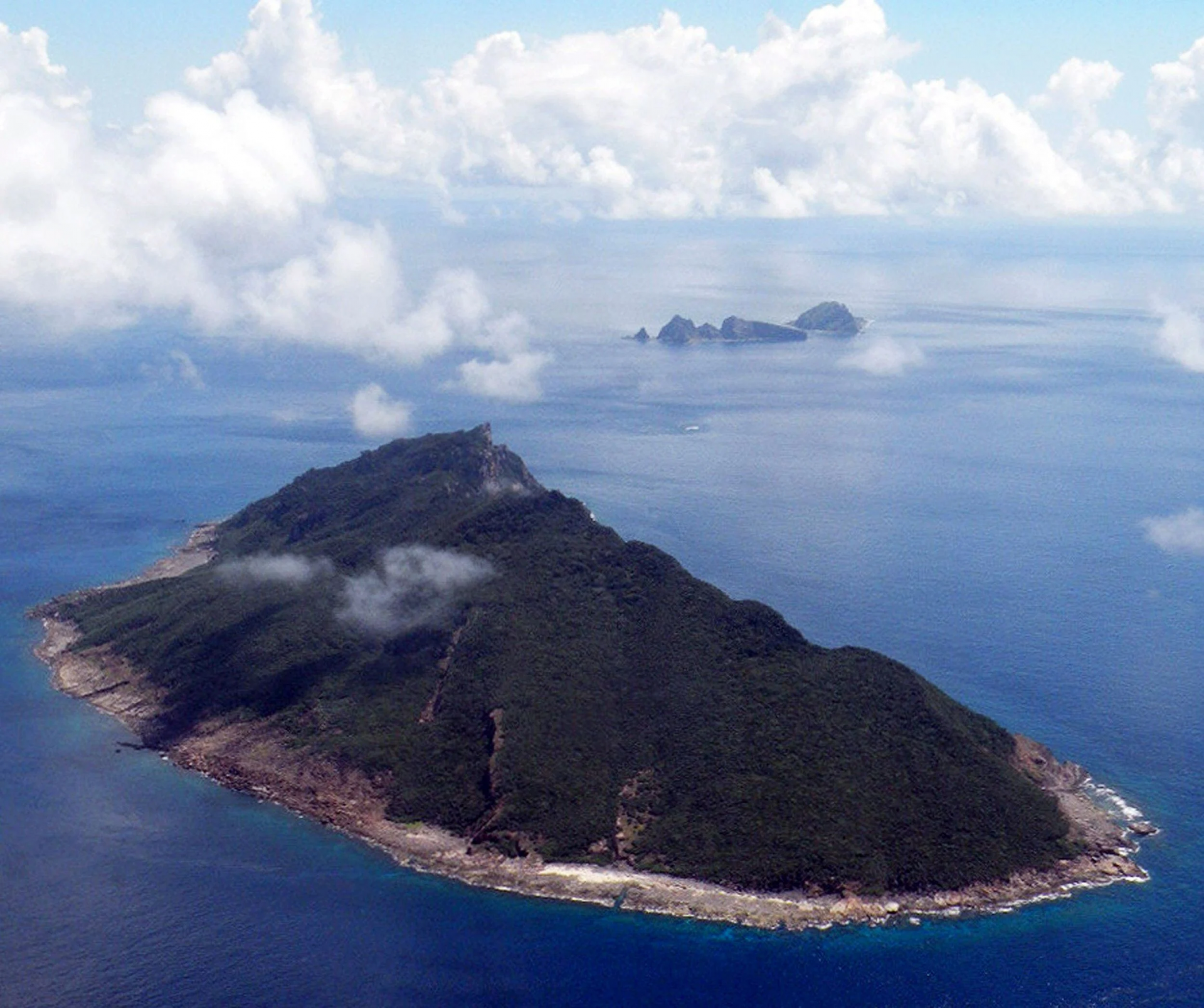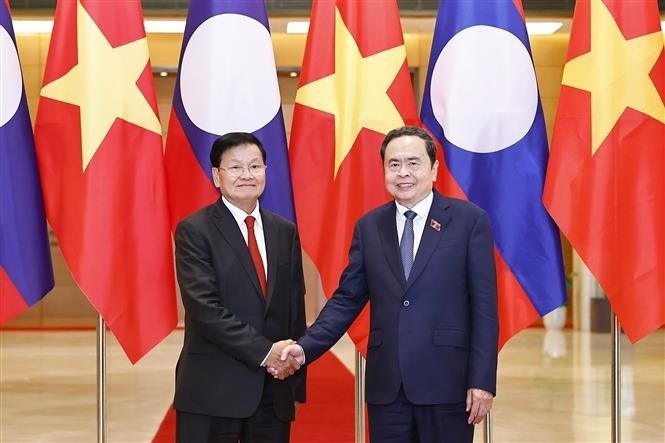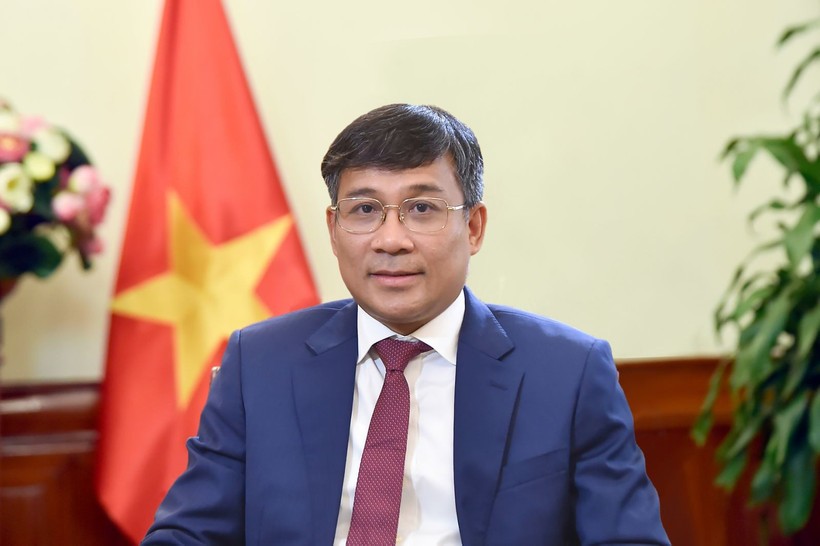With Eye on China, Japan to Revise Five-Year Defense Plan
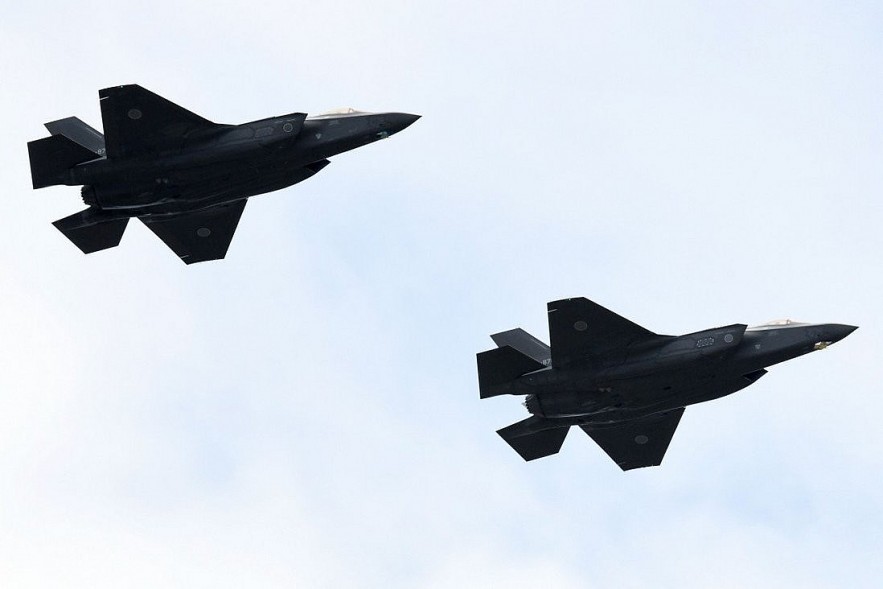 |
| Japan’s Defence Ministry plans to increase spending on Self-Defence Forces equipment such as F-35 fighter planes . Photo: AFP |
Japan plans to revise its Medium Term Defense Programme ahead of schedule as it looks to boost spending to counter China's growing assertiveness in surrounding waters.
The revision also aims to prepare for contingencies in the Taiwan Strait, Kyodo News cited government sources as saying on August 14.
The programme, which covers the five years through fiscal 2023, could be updated within the year, with Prime Minister Yoshihide Suga and Defense Minister Nobuo Kishi having agreed earlier this month that some changes are necessary, the sources said.
Discussions between officials including at the Defense Ministry and the National Security Secretariat are already under way, with budget issues set to be reviewed by the Finance Ministry.
Strengthening alliance
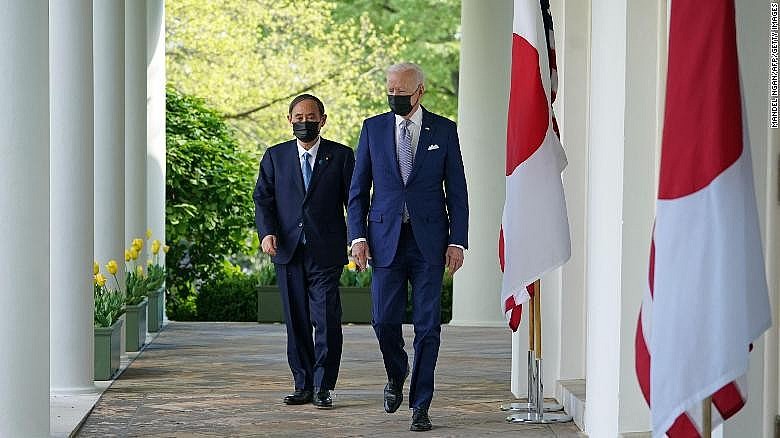 |
| US President Joe Biden and Japan's Prime Minister Yoshihide Suga walk through the Colonnade to take part in a joint press conference in the Rose Garden of the White House in Washington, DC on April 16, 2021. Photo: CNN |
The revision would seek to fulfill Suga's promise to US President Joe Biden during their meeting in Washington in April to bolster Japan's defence capabilities to strengthen the alliance between their countries and maintain security in the Indo-Pacific region.
In a joint statement issued after the meeting, the leaders singled out China for actions that are "inconsistent with the international rules-based order, including the use of economic and other forms of coercion."
The leaders underscored "the importance of peace and stability across the Taiwan Strait" while voicing objection to "unilateral attempts to change the status quo in the East China Sea," and "unlawful maritime claims and activities in the South China Sea."
The current Medium Term Defense Programme, approved by the Cabinet of then Prime Minister Shinzo Abe in late 2018, sets aside roughly 27.47 trillion yen ($250 billion) with a stipulation that the plan can be reviewed after three years taking into consideration the security situation at that time.
The Defense Ministry plans to draw up its budget request for fiscal 2022 to fall in line with the revision, increasing spending on Self-Defense Forces equipment such as F-35 fighter jets, transport ships and unmanned submersibles to aid in the safeguarding of Japan's remote islands, the sources said.
The budget request, to be submitted to the Finance Ministry by the end of the month, will also earmark a significant amount to boost capabilities in outer space and cybersecurity as well as artificial intelligence.
Japan's defense spending is set to hit a record 5.34 trillion yen in fiscal 2021, up for a ninth consecutive year, including 33.5 billion yen for the development of longer-range missiles capable of attacking enemy vessels from outside their firing range.
While that represents 1.2-times growth over the last 30 years, China's equivalent budget has seen 42-times growth to 20.33 trillion yen as it seeks to project its power over the Indo-Pacific region.
Tensions escalating
 |
| Tensions have also been escalating for months. Photo: Shutterstock |
Tensions have also been escalating for months over alleged human rights violations in Xinjiang and Hong Kong and maritime disputes in the East China Sea, where the two countries are at odds over a group of Japanese-controlled uninhabited islands known as the Diaoyu Islands in China and the Senkakus in Japan.
In addition, China introduced a coastguard law in January that allows its coastguard to fire at foreign vessels, fuelling concerns in Japan, according to South China Morning Post.
Earlier this month, Chinese envoy in Tokyo Kong Xuanyou warned that Japan’s alliance with the US must not undermine Beijing’s interests and Japan should take practical steps to show goodwill towards China.
The warning comes after Japan has appeared more vocal in its support for the US’s efforts to work with its traditional allies to contain China over a range of issues, from human rights to regional security./.
 | US, China Clash over South China Sea (Bien Dong Sea) at UNSC High-Level Meeting Washington asserted it has seen “provocative actions” to advance unlawful maritime claims in the South China Sea (Bien Dong Sea) by Beijing. |
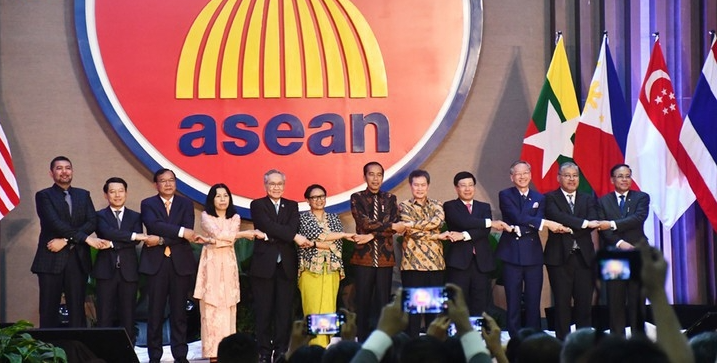 | Amid Rising Tensions, World Powers Gather in Bien Dong Sea South China Sea (Bien Dong Sea) has recently become a focus in the region and world's diplomatic, military, and maritime activities. |
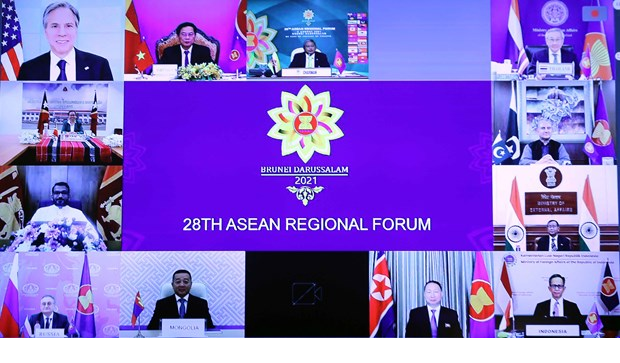 | US, Japan Express Concern Over South China Sea (Bien Dong Sea) at ASEAN Forum The United States and Japan have expressed concern over the situation in the South China Sea (called Bien Dong Sea in Vietnam), where China has ... |
Recommended
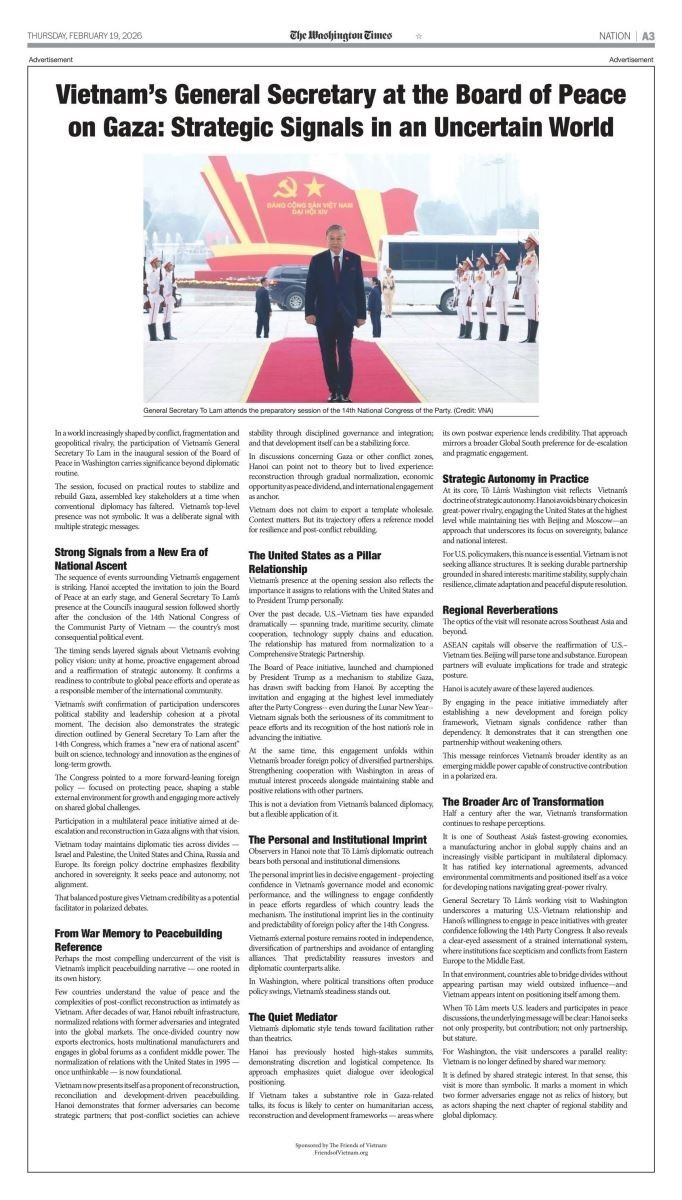 World
World
US Media Commend Vietnam’s Role in Global Peace Efforts
 World
World
Vietnam Officially Becomes Association Country of International Energy Agency (IEA)
 World
World
Key pacts signed as PM Modi hosts France's Macron for plane cooperation
 World
World
India, Canada commit to strengthening bilateral ties, discuss trade
 World
World
AI Summit India 2026 Live Updates: ‘Bringing the world together,’ PM Modi welcomes leaders as India hosts AI summit
 World
World
Safran ready to open India engine production in Rafale deal
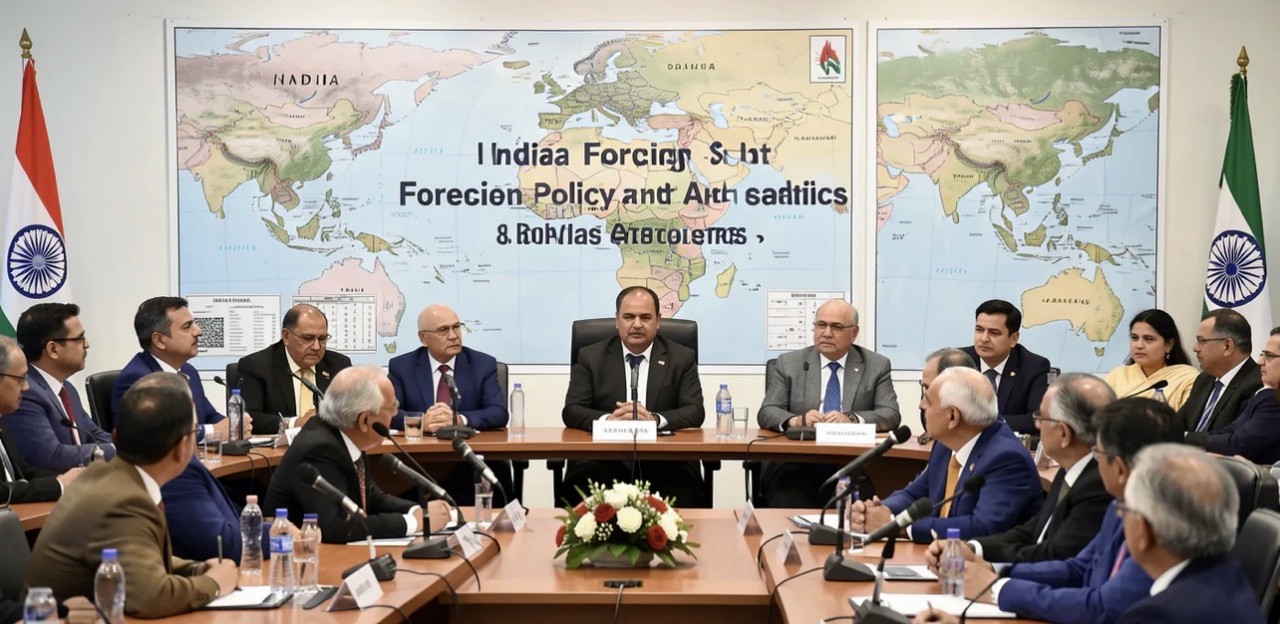 World
World
Nepal interim PM Sushila Karki thanks India for March support
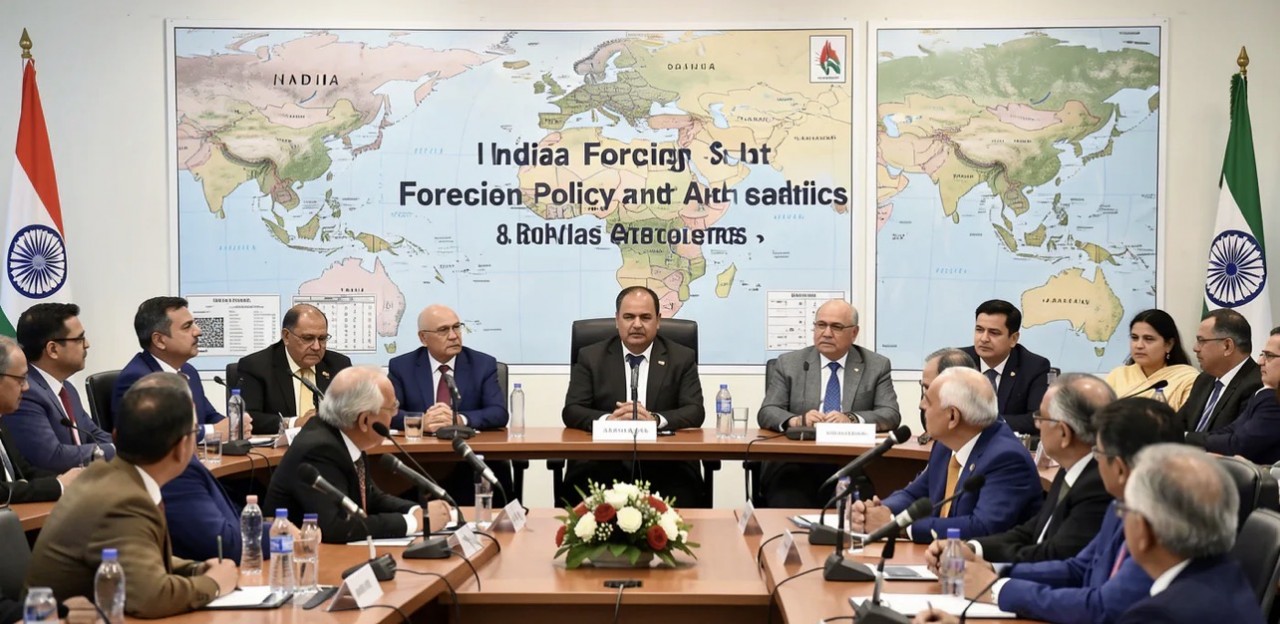 World
World

